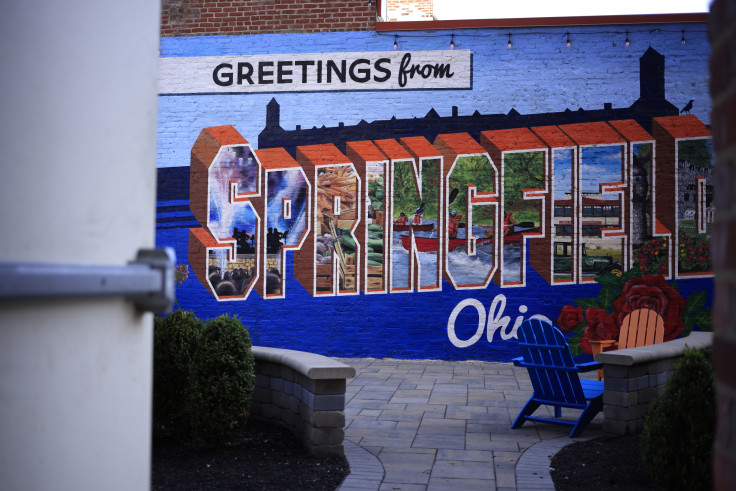
At the height of the presidential campaign, the subject of Haitian immigrants in Springfield, Ohio, was dominated headlines across the political conversation. What started out as an unfounded rumor spread by the likes of JD Vance and Elon Musk, quickly gained traction around the time of the first and only presidential debate between Donald Trump and Kamala Harris, a moment in which the Republican infamously stated that Haitians were abducting cats and dogs and eating them in the aforementioned city.
Haitian communities across the country denounced the were being unjustly vilified and turbulence within Ohio escalated. Trump then escalated the matter, suggesting weeks later that not only were Haitian undocumented immigrants facing deportation if he reached The White House, those with legal permits would be targeted too.
"In my opinion, it's not legal. It's not legal for anybody to do," Trump told NewsNation in early October, referring to the the Temporary Protected Status (TPS) program, which currently allows thousands of Haitian migrants to live legally in the U.S. He went on to say he would revoke the status of Haitian immigrants to "bring them back to their country."
Now that Trump is the president-elect, The Guardian has released a sprawling piece which reveals that Haitians in Springfield are leaving the city amid growing fears of deportation and the possibility of the Temporary Protected Status (TPS) program coming to an end. The program currently protects approximately 300,000 Haitians nationwide.
Local advocates report a notable increase in departures, with many seeking refuge in other states or countries. Margery Koveleski, a local advocate who's spent years helping the community, reports that scores Haitians have fled the city in recent days, many moving to nearby cities like Dayton, while others have relocated to New Jersey, Boston, or even Canada.
Jacob Payen, a co-founder of the Haitian Community Alliance who runs a business that includes helping Haitians in Springfield to file tax returns, told the Guardian:
"People are fully aware of the election result, and that is why they are leaving; they are afraid of a mass deportation. Several of my customers have left. One guy with his family went to New Jersey; others have gone to Boston. I know three families that have gone to Canada."
Springfield's Haitian population has been central to the city's economic revival, according to The Guardian, taking jobs in packaging and manufacturing that were previously difficult to fill. Businesses owned and operated by Haitians have also contributed to the local economy.
Meanwhile, the situation in Haiti remains precarious, with escalating gang violence a the heart of it. In recent incidents, gunfire struck commercial planes arriving from the U.S., causing all flights from the country to be halted for at least 30 days.
© 2025 Latin Times. All rights reserved. Do not reproduce without permission.





